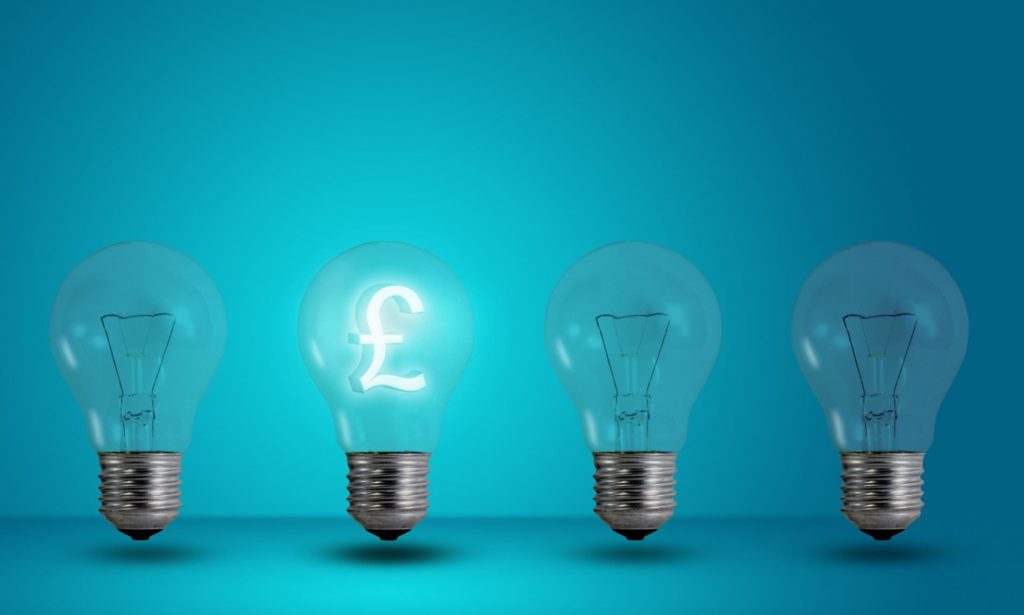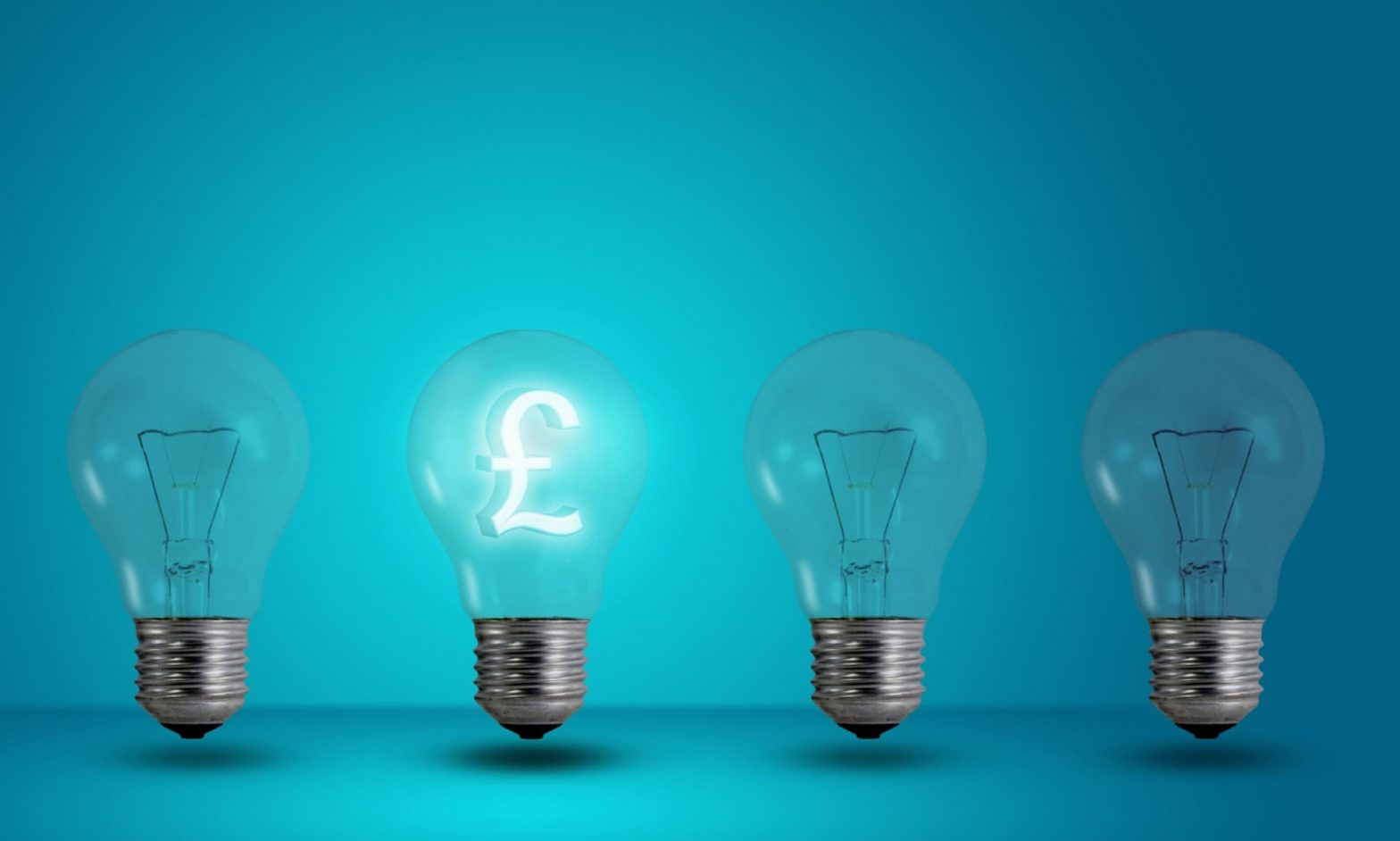
Are you tired of getting that sinking feeling every time you open your gas and electric bill? We know the feeling all too well!
As young renters, we’re always looking for ways to save money, and reducing our energy bills is a great place to start. Whether you’re living in a shared house or a studio flat, there are plenty of ways to reduce your gas and electric bills in the UK.
In this article, we’ll show you some simple and effective ways to save money on your energy bills, without sacrificing your comfort or lifestyle.
So, grab a cup of tea, put on your favourite tunes and get ready to become an energy-saving ninja!
What’s included in this article…
- What has caused the energy crisis and rising bills?
- How is my energy bill calculated?
- Understanding your energy usage & bills
- Money saving tips for reducing your gas and electric bills?
- What appliances cost households the most?
What has caused the energy crisis and rising bills in the UK?
Let’s face it. Energy bills have just gone berserk over the last year or so and all renters across the UK, have felt the pain of rising gas and electric bills.
There are several reasons why renters’ energy bills are going up, but one of the biggest factors is the rising cost of wholesale energy prices.
Wholesale energy prices have been steadily increasing due to a combination of factors, including global demand, reduced supply, and geopolitical tensions. In addition, the COVID-19 pandemic has disrupted global supply chains, leading to further price increases.
Unfortunately, these rising wholesale prices are being passed on to consumers, including renters. Energy suppliers have to purchase energy in advance, and they’re now paying much more for it than they were a year ago. As a result, they’re increasing their prices to cover their costs, which means that renters are now paying more for their gas and electricity.
Another factor that’s contributing to rising energy bills for renters is the increasing cost of green energy initiatives. The UK government has committed to reducing carbon emissions and increasing the use of renewable energy sources, which is a positive step for the environment. However, these initiatives require significant investment, and the cost is being passed on to energy consumers.
So, as a renter, you may be wondering what you can do to reduce your energy bills despite the current crisis. The good news is that there are plenty of practical steps you can take to reduce your energy consumption and save money. In the following sections, we’ll explore some of the most effective ways to do this.
How is my energy bill worked out and calculated?
In the UK, your energy bill is typically calculated based on the amount of energy you consume and the rate at which you’re charged for that energy. Here’s a breakdown of how your energy bill is calculated:
- Meter readings: Your energy supplier will take regular meter readings to determine how much energy you’ve used. This can either be done manually by you or automatically through a smart meter.
- Unit rate: Your energy supplier will charge you a unit rate for each unit (usually measured in kilowatt-hours or kWh) of energy you use. This rate can vary depending on your energy supplier, your location, and your tariff.
- Standing charge: Your energy supplier may also charge you a standing charge, which is a fixed daily fee to cover the cost of supplying energy to your home. This charge can vary depending on your supplier and tariff.
- VAT: Your energy bill will also include Value Added Tax (VAT) at a rate of 5%, which is added to the total cost of your energy consumption and any standing charges.
To calculate your energy bill, your energy supplier will multiply your energy consumption (in kWh) by the unit rate (in pence per kWh), and then add any standing charges and VAT. For example, if your energy consumption for the month was 500 kWh, and your unit rate was 15p per kWh, your energy cost would be:
500 kWh x 15p/kWh = £75
Your energy supplier would then add any applicable standing charges and VAT to this total.
It’s worth noting that some energy suppliers may offer different types of tariffs, such as fixed-rate or variable-rate tariffs, that can affect the way your energy bill is calculated. It’s important to review your energy bill regularly and compare tariffs to ensure you’re getting the best deal for your energy consumption.
Money saving tips for reducing your gas and electric bills
As renters, we all want to save money on our energy and gas bills. However, with the rising cost of energy, it can be a challenge to keep our bills under control. Fortunately, there are several practical and effective ways to reduce your energy consumption and save money. Here are some top tips:
- Switch to a cheaper energy supplier One of the easiest ways to save money on your energy bills is to switch to a cheaper energy supplier. There are many comparison websites available that can help you find the best deals based on your usage and location. Switching suppliers can save you hundreds of pounds per year, so it’s definitely worth doing your research.
- Choose a fixed-rate energy tariff A fixed-rate energy tariff guarantees that your energy prices won’t increase for a set period of time, usually one or two years. This can help you budget for your energy bills and avoid any nasty surprises. It’s worth noting that fixed-rate tariffs are usually more expensive than variable-rate tariffs, so be sure to compare prices before you make a decision.
- Install a smart meter A smart meter is a device that monitors your energy usage and sends the data directly to your supplier. It can help you understand your energy consumption and identify areas where you can save money. Some suppliers offer smart meters for free, so check with your supplier to see if you’re eligible.
- Use energy-efficient light bulbs Switching to energy-efficient light bulbs, such as LED bulbs, can help you save money on your energy bills. They use less energy than traditional incandescent bulbs and can last up to 25 times longer. Plus, they’re available in a variety of colours and styles to suit your needs.
- Turn off appliances when not in use Leaving appliances on standby can use up to 80% of their energy consumption, so it’s important to turn them off when not in use. This includes TVs, game consoles, and computers. You can also save money by unplugging chargers when they’re not in use.
- Insulate your home Insulating your home can help keep it warm in the winter and cool in the summer, which can reduce your energy consumption and save you money. You can insulate your walls, loft, and floors to improve the energy efficiency of your home. There are also government schemes available to help with the cost of insulation.
- Use a draft excluder Drafts can let cold air into your home, which means you’ll need to use more energy to keep it warm. Using a draft excluder, such as a door snake or draft strip, can help keep your home warmer and reduce your energy consumption.
In conclusion, there are many ways for UK renters to save money on their energy and gas bills. By switching suppliers, choosing a fixed-rate tariff, using energy-efficient light bulbs, turning off appliances when not in use, insulating your home, and using a draft excluder, you can reduce your energy consumption and save money. So, go ahead and try out these tips – your wallet (and the planet) will thank you!
Which appliances use the most energy in the home?
There are several appliances in the home that typically use the most energy. Here are some of the top energy-consuming appliances to look out for:
- Refrigerator: Your fridge is one of the most energy-hungry appliances in your home, as it needs to run constantly to keep your food and drinks cool.
- Washing machine: Washing machines use a lot of energy to heat up the water and run the motor during each cycle.
- Tumble dryer: Tumble dryers use a lot of energy to heat up and dry your clothes, especially if you use them frequently.
- Oven: Cooking in the oven requires a lot of energy to heat up and maintain the temperature.
- Dishwasher: Dishwashers use a lot of energy to heat up the water and run the motor during each cycle.
- Kettle: Boiling water in a kettle uses a lot of energy, so it’s best to only boil the amount of water you need.
- Computer: Computers use energy to power the monitor, processor, and other components, and they can use a lot of energy if left on for long periods.
By being mindful of how often you use these appliances and taking steps to reduce their energy consumption, such as using energy-efficient models or turning them off when not in use, you can help reduce your overall energy bill.
